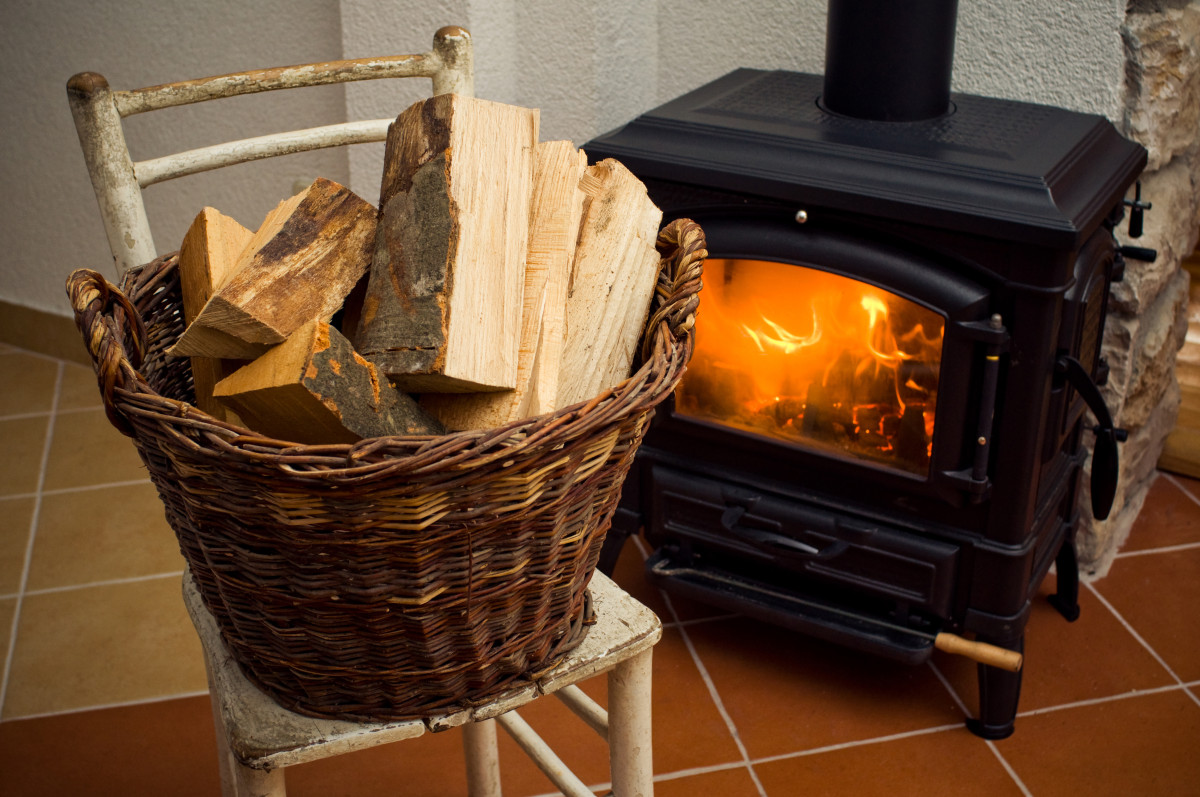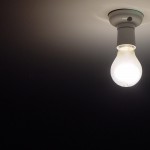This year has been colder than most! There’s a decided chill in the air mot days, and many of us are wondering the bet way to hear our home and, more importantly, the best way to keep the heat in!
The Sustainable Energy Authority of Ireland (SEAI) has some handy tips and hints for householders during the cold weather at www.SEAI.ie.
For instance, when buying heaters, make sure that they are the right size for the rooms they are to heat, and that they have thermostatic controls.
Remember that electric heaters other than storage heaters consume electricity at the most expensive charge rate. Use a space or portable heater instead of the central heater if only one room needs heating and choose heaters with thermostat controls and timers.
When it comes to central heating, turn off the heating overnight and when you are out during the day and turn off the heating if you are going to be out of the house for more than a day.
Also remember that proper control and regular maintenance of your heating system can reduce fuel consumption by 10–20%. If you have gas heating, turn off pilot lights during the warmer months.
Heat bedroom areas to less than 18°. 20° is an ideal room temperature. Turning down thermostats by just one degree can reduce annual space heating energy consumption by 10%, with an equivalent reduction in greenhouse gas emissions.
When it comes to heat loss in your home, open fires are wasteful of energy with more than 70% of the energy going up the chimney.
If the radiator is mounted below a window, a projecting window-board or shelf above the radiator will direct warm air into the room, reducing heat loss through the window. You should also close doors to separate heated from unheated areas of your house, and minimise the area you are heating.
When heating water, use the timer on immersion heaters. This should supply you with enough hot water as and when you need.
Heating hot water accounts for 64% of energy consumption in the home: you should be thrifty in its use.
Similarly, 90% of the energy consumption of washing machines goes on heating the water. Wash clothes whenever possible in cold or cool water.
In terms of insulation, if you insulate your attic well you can save up to 20% on your home heating bill. If your attic insulation is currently less than 200mm, then you should add further layers. There are a variety of suitable materials including mineral wool, rock wool, sheep’s wool, polystyrene, cellulose fibre and multi-layered foil.
You should also choose double glazed units when replacing windows. Much of the heat loss from a house occurs through the windows, particularly if they are single glazed. Significant energy savings can be achieved if double glazing has Argon fill and low-emissivity glass.
If replacing the hot water cylinder, a cylinder with factory applied insulation should be considered. Such insulation is more effective at retaining heat than a lagging jacket, is less easily damaged and cannot be pulled out of place. However a lagging jacket on your hot water cylinder will keep water hotter for longer and pay for itself in two-three months.
Other tips include keeping curtains closed at night and ensuring that the curtains don’t hang over the radiators. A reflective foil, backed by insulation if space permits, should be fixed behind radiators mounted on external walls.
For more tips and hints, see www.SEAI.ie.




